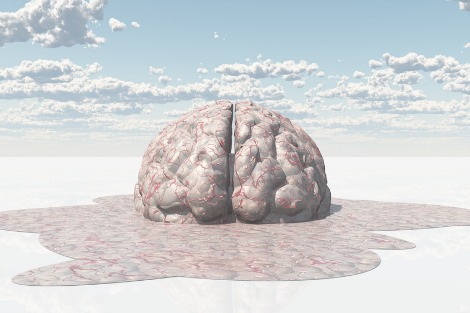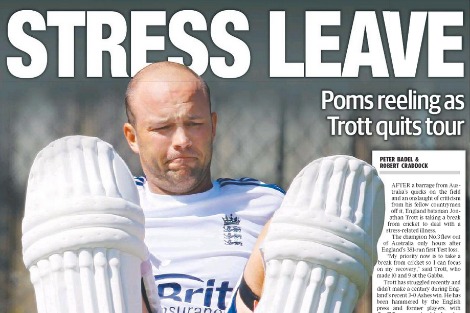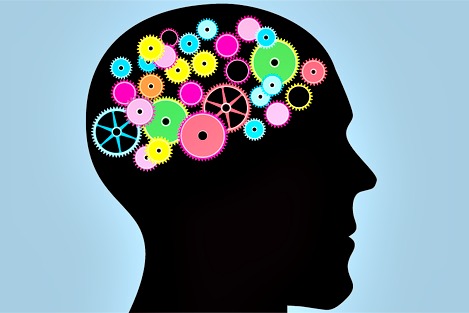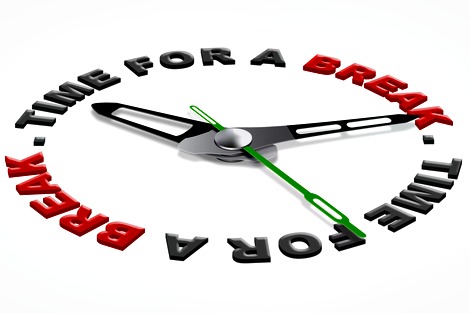Keywords: Mental Illness
There are more than 200 results, only the first 200 are displayed here.
-

INTERNATIONAL
- Fatima Measham
- 13 December 2013
14 Comments
I woke up to the news on a Saturday morning. One year ago tomorrow, a man walked into the Sandy Hook Elementary School in Newtown, Connecticut, and opened fire. In the aftermath, gun lobbyists seethed with high indignation that President Barack Obama was politicising a tragedy. It goes to show that the ones who complain about the politicisation of tragedy tend to be the ones who do not want to do anything about it.
READ MORE
-

AUSTRALIA
- Georgina Laidlaw
- 06 December 2013
13 Comments
Mental illness begets mental illness. One glance at the reportage on the Royal Commission into child sex abuse proves that. We won't discuss loved ones' mental health because to do so feels like a betrayal. We won't talk about our own mental health because what right do we have to be unhappy? But ill heath is not a right. Suffering is not indulgence. If you're telling yourself that, shut the hell up.
READ MORE
-

AUSTRALIA
- Michael Mullins
- 02 December 2013
2 Comments
English batsman Jonathan Trott was pilloried in some media comments because he abandoned his team because he felt 'stressed'. We should be celebrating the fact that a high profile male sportsman finds that he can declare he has a stress-related illness and then seek help for it.
READ MORE
-

AUSTRALIA
- Michael Mullins
- 21 October 2013
10 Comments
Most people will not miss Mark 'Chopper' Read, because of his reckless attitude to human life and law and order. Yet his ability to remain master of his own destiny makes him in that sense a positive role model for today's prisoners. Other poor people and asylum seekers who are able to rise above their circumstances can contribute positively to public wellbeing.
READ MORE 
-

AUSTRALIA
- Andrew Hamilton
- 10 October 2013
9 Comments
Although medical and psychological discoveries and better regulation have improved the treatment of mental illness in Australia, the need still outweighs the resources available. People with mental illnesses need others to help them build and develop relationships if they are to thrive. But the same trends that help the better treatment of people also tell against the crucial building of relationships.
READ MORE 
-

AUSTRALIA
- Michael Lockwood
- 10 October 2013
12 Comments
In the 1970s the Diagnostic and Statistical Manual, the mental health 'bible', listed homosexuality as a mental illness. Many disagreed, and so in the stroke of an editorial pen hundreds of thousands, perhaps millions, were cured. The DSM is a socially constructed manual, put together by those with a vested interest in mental health.
READ MORE 
-

AUSTRALIA
- Andrew Hamilton
- 04 October 2013
16 Comments
In his recent article my Jesuit colleague Frank Brennan asked whether there is any ethical discussion to be had about stopping the boats. He proposed seven points that would give greater ethical coherence to the Government's 'shock and awe response'. The corollary of this position is that pressing for legal and practical changes to policy will not redeem the policy but will be a necessary and worthwhile exercise in harm minimisation.
READ MORE 
-

RELIGION
- Andrew Hamilton
- 03 October 2013
20 Comments
In Rome and in Christian times people who took their own lives were buried outside the communal graveyards and without the prayers that farewelled the dead of the community. The symbolism was clear. They had separated themselves from society and its shared life; now society separated itself from them. And by implication it also marginalised those closely associated with suicide. Has much changed?
READ MORE 
-

AUSTRALIA
- Michael Mullins
- 23 September 2013
11 Comments
Pope Francis says in his recent interview that the wounded won't come to God if their pastors throw the rule book at them. Likewise the federal government will do nothing to increase employment participation if it chooses to demonise people through its punitive Work for the Dole Scheme. It's cruel and pointless to condemn people for not being able to walk up stairs while refusing to build a ramp.
READ MORE 
-

MARGARET DOOLEY AWARD
- Megan Graham
- 11 September 2013
6 Comments
At a certain point, emotional and mental overstimulation leads to a sort of emotional numbness, as the brain and central nervous system can only respond to so much. With enough dopamine hits from 'likes' on Facebook, and adrenalin spikes from sensationalised news stories, one's emotions can become blunted. That is, with the notable exception of general irritability borne of expecting one's real life to be as fast-paced as one's online one.
READ MORE 
-

AUSTRALIA
Recent ABS data reveals NT has both the highest rate of people experiencing homelessness and the highest imprisonment rate of any Australian state. Former Spanish PM Zapatero said 'a decent society is one that does not humiliate its members'. Successive Australian governments have systematically humiliated citizens on the basis of cultural background or health or social status.
READ MORE 
-

RELIGION
- Andrew Hamilton
- 23 May 2013
6 Comments
The Commonwealth and the Victorian state budgets this year were marked by a contradiction. Both committed more money to incarceration — detention centres and prisons; and both limited programs to help the people confined there. Such contradictions are usually signs of a bad policy that flows from shallow cultural values.
READ MORE 